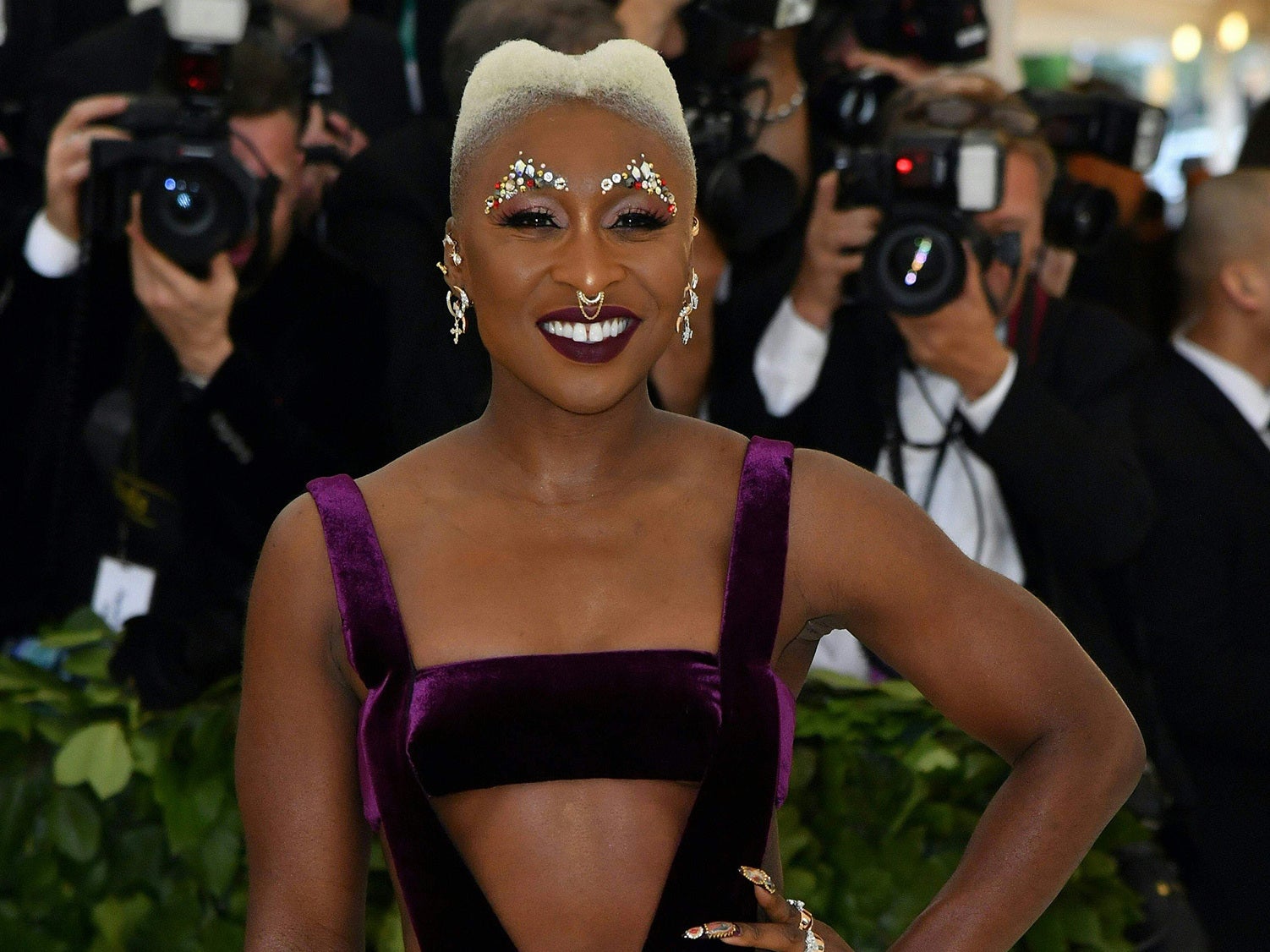Let’s not punish black British actors like Cynthia Erivo for playing roles like Harriet Tubman – it’s the TV and film industry’s fault
If the film industry paid close attention to who they were casting in these roles, then the moral dilemmas actors face about whether or not to take them would be much less frequent


Your support helps us to tell the story
From reproductive rights to climate change to Big Tech, The Independent is on the ground when the story is developing. Whether it's investigating the financials of Elon Musk's pro-Trump PAC or producing our latest documentary, 'The A Word', which shines a light on the American women fighting for reproductive rights, we know how important it is to parse out the facts from the messaging.
At such a critical moment in US history, we need reporters on the ground. Your donation allows us to keep sending journalists to speak to both sides of the story.
The Independent is trusted by Americans across the entire political spectrum. And unlike many other quality news outlets, we choose not to lock Americans out of our reporting and analysis with paywalls. We believe quality journalism should be available to everyone, paid for by those who can afford it.
Your support makes all the difference.Over the past couple of days I’ve watched the online debate regarding Cynthia Erivo being cast as Harriet Tubman in the film Harriet.
Initially, I was very sure of my stance on the issue. Many of the arguments against the casting seemed eerily similar to Samuel L Jackson’s 2017 comments about black British actors coming to the US to “take roles” away from African American actors; it sounded like the vilification of black British actors instead of a critique of an industry that treats blackness like a monolith.
As a black British actress myself, I instinctively went to defend Erivo because my thinking was that, well, we are all black and there are black British actors whose families descended from slaves, or had their countries of origin colonised. There was something to work with there. But I was wrong. And I started to realise how wrong I was when I thought back to my own statements about blackness not being a singular experience.
African Americans have been in the US longer than any other group of black people. They literally built the country as we know it. They endured centuries of slavery, then segregation and then systemic racism, in a supposedly post-racial society. They should get to tell their own stories, especially when we are talking specifically about historical figures crucial to the advancement of black people in the US.
British actors of all races flock to the US because the film industry in Britain is nowhere near as robust. Black British actors go to the US because the insidious nature of racism in the UK means there are hardly any roles for us to play here. The few roles that are usually available are repetitive and stereotypical. This year there was a social media backlash against a UK agent who wrote in a Facebook group she didn’t like castings that prioritised BAME actors because it was “putting talented white performers out of work”. This kind of thinking doesn’t exist in a vacuum – many in the industry think the same way. Agents are notorious for having very few black actors on their books because they think one black person can play all the roles related to blackness, yet they will happily hire numerous white actors who look very similar because they believe their abilities – rather than their appearance – will bring something different to roles.
My first thoughts on the Erivo matter included the fact Forest Whitaker played Idi Amin in The Last King of Scotland. Although he did a fantastic job, why wasn’t an African actor cast in the role? And if an actor like Whitaker can choose to take on roles such as these at the height of his career, why can’t actors like Erivo? This brings us to the real issue, which is the TV and film industry – a business that only cares about stories that centre on blackness if it makes money or perpetuates a singular narrative of blackness.
If the film industry acted with more integrity and paid closer attention to who is cast in these roles, the moral dilemmas actors face about whether or not to take them would be much less frequent. Some have argued the reason black British actors are chosen is based on America’s disdain for African Americans. While I can’t confirm this is the sole reason, I can say that when I have been in America, the iciness I would initially feel from non-black people upon meeting them thawed when they heard my English accent. Maybe we appear a more palatable kind of black – and that’s not okay.
Articles about the Erivo squabble have subliminally framed African Americans as aggressors. It is important to me I don’t do that. I have learned a lot about the treatment of African American actors by paying close attention to the nuanced critique on this subject.
I’ve actively ignored the more xenophobic tweets about black British people because it is clear to me such ‘commenters’ aren’t ready to have necessary and thoughtful conversations.
I know Erivo will do a brilliant job playing Harriet Tubman because she is a phenomenal actress and a thoughtful woman. However, I do not condone the erasure of African Americans from their own stories. The industry needs to do better.
Join our commenting forum
Join thought-provoking conversations, follow other Independent readers and see their replies
Comments